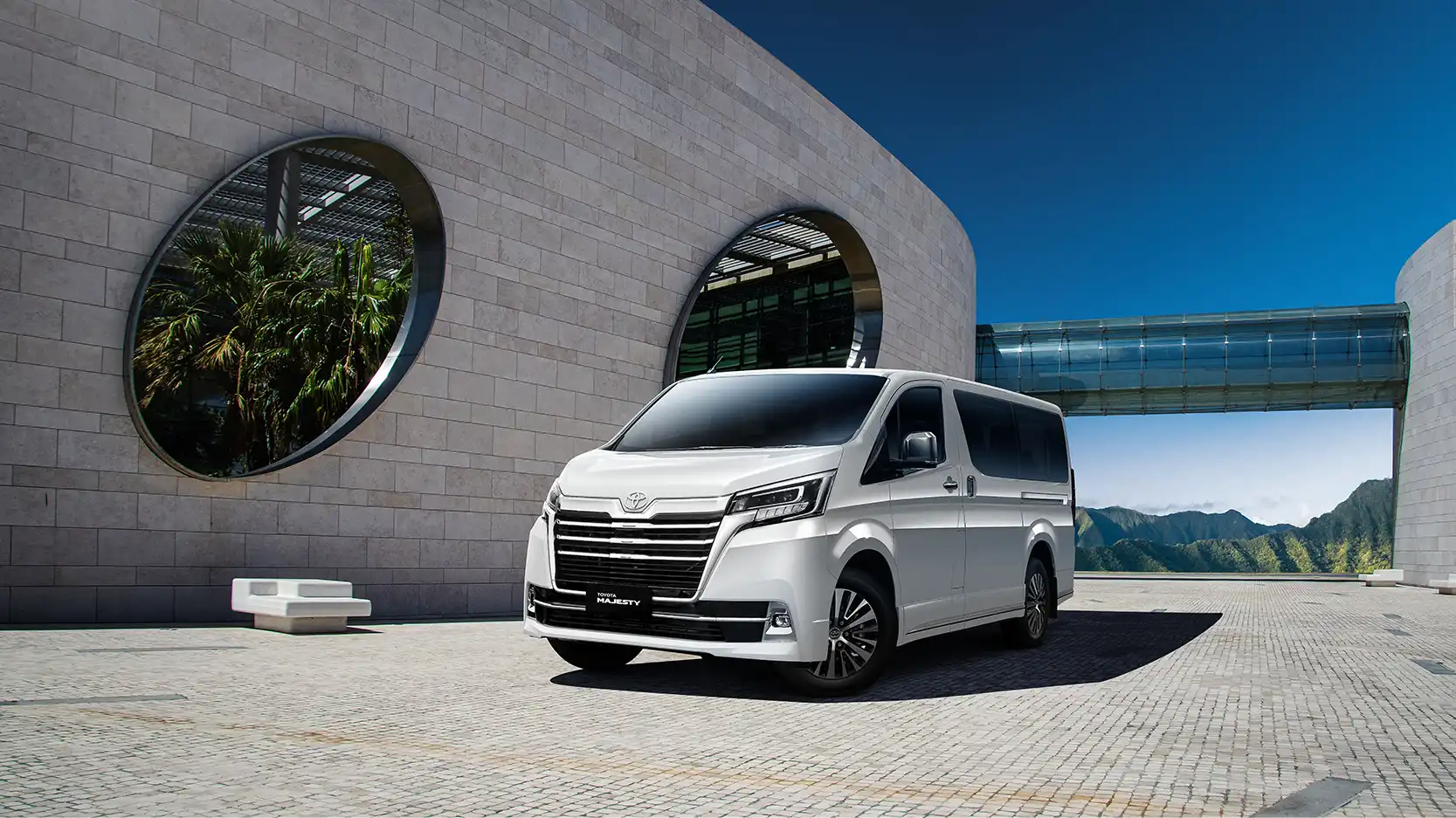Understanding Hybrid and Electric Vehicles: A Comprehensive Guide
With the rapid advancement of automotive technology and growing environmental concerns, understanding the differences between hybrid and electric vehicles has become essential for modern car buyers. This comprehensive guide delves into the intricacies of hybrid and electric vehicle technologies, comparing their performance, efficiency, cost considerations, and suitability for various lifestyles.
Overview of Hybrid and Electric Vehicle Technology
A hybrid car is a vehicle that combines a traditional internal combustion engine with an electric motor and battery system. This combination allows the car to utilize both petrol and electric power, providing improved fuel efficiency and reduced emissions compared to traditional gas-powered vehicles. Each Hybrids cars has its own unique features and capabilities.

What is an HEV Car?
Hybrid Electric Vehicles (HEVs) are a specific type of hybrid car that utilize both a petrol engine and an electric motor to power the vehicle. In an HEV, the electric motor assists the petrol engine, providing additional power and efficiency. HEVs are designed to capture and store energy during braking and coasting, which is then used to power the electric motor and charge the battery, further enhancing the overall fuel efficiency.
Introduction to Electric Vehicles (EVs)
Electric Vehicles (EVs) are powered solely by an electric motor and battery system, without the need for a traditional internal combustion engine. EVs use advanced lithium-ion battery technology to store and deliver electric power to the vehicle's drivetrain. This all-electric design offers a range of benefits, including zero direct emissions, improved energy efficiency, and reduced environmental impact compared to traditional petrol-powered cars.
Hybrid vs. Electric Vehicles: A Detailed Comparison
Performance and Efficiency
When comparing the performance and efficiency of hybrid and electric vehicles, both offer significant advantages over traditional petrol-powered cars. Hybrid vehicles typically achieve higher fuel efficiency and lower emissions due to their ability to utilize both petrol and electric power. Electric vehicles, on the other hand, boast superior energy efficiency and zero direct emissions, making them an even more environmentally-friendly choice.
Cost Considerations
The initial purchase price of hybrid and electric vehicles is generally higher than their petrol-powered counterparts. However, the long-term cost benefits of owning a hybrid or electric vehicle can offset this higher upfront cost. Factors such as fuel savings and reduced maintenance costs, can contribute to the overall cost-effectiveness of these eco-friendly vehicles.
Suitability for Different Lifestyles
The choice between a hybrid or electric vehicle often depends on the individual's lifestyle and driving needs. Hybrid vehicles may be more suitable for those who regularly undertake long-distance travel as they can rely on the petrol engine for extended range. Conversely, electric vehicles are well-suited for city drivers with access to reliable charging options, as they can take full advantage of the zero-emission, high-efficiency performance.
The Hybrid and Electric Vehicle Market in Brunei Darussalam
The electric vehicle market in Brunei Darussalam is slowly on a rise, with noticeably few number of registered EVs in the country. However, the widespread adoption of electric vehicles locally faces several challenges, such as:
- Availability of public charging infrastructure
- Higher upfront cost of EVs
- Range anxiety among potential buyers
The future of hybrid and electric vehicles in Brunei Darussalam looks promising. With growing consumer awareness, it is expected that the adoption of these eco-friendly vehicles will continue to increase in the coming years.
Emerging technologies, such as longer-range batteries and faster charging solutions, are likely to further drive the growth of the hybrid and electric vehicle market, making them an increasingly attractive option for both individual and commercial use.
In conclusion, both hybrid and electric vehicles offer compelling advantages in terms of performance, efficiency, and environmental impact. While hybrids provide the flexibility of petrol backup for long-distance travel, electric vehicles promise zero emissions and high energy efficiency for city drivers.
In Brunei Darussalam, the adoption of these vehicles is set to grow, supported by government initiatives, and advancing technologies. As consumers become more aware of the benefits and options available, the future of transportation looks increasingly green. By understanding these innovations, you can make an informed choice that aligns with your lifestyle and contributes to a sustainable future.
YOU MAY WANT TO READ :








